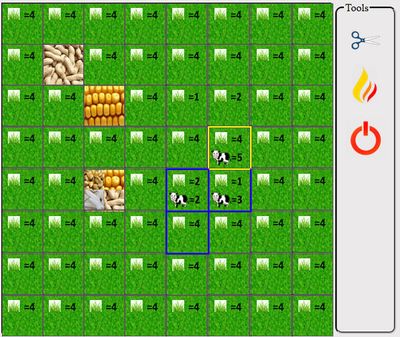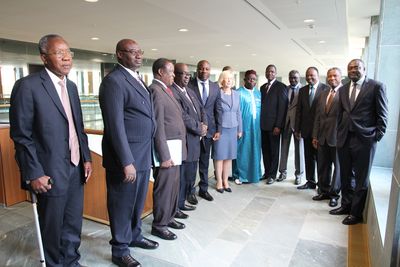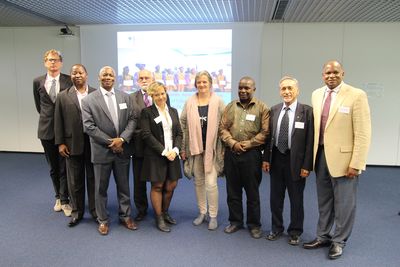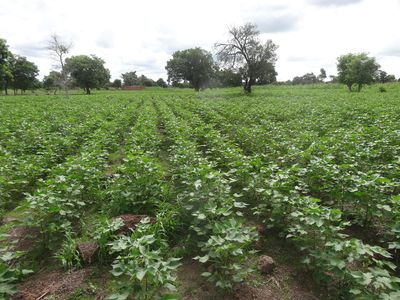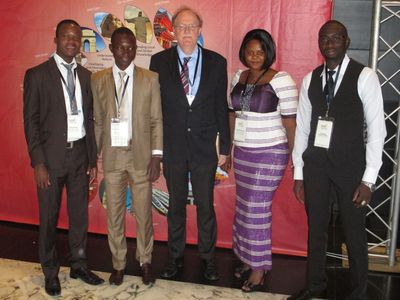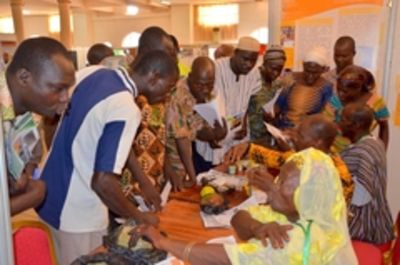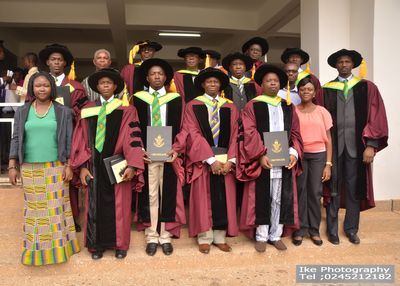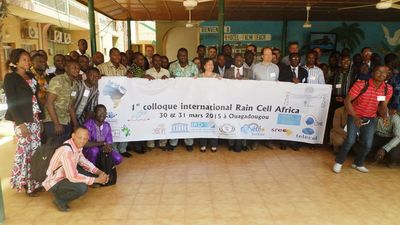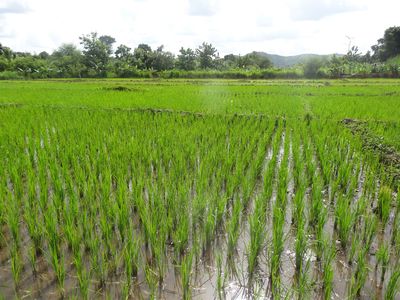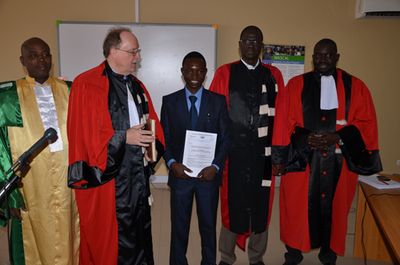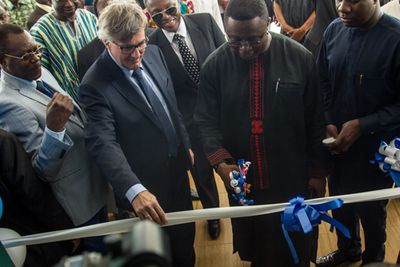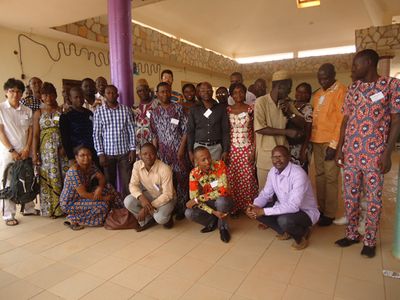From an original board game, the team of the work package 6.2 Agent-based Modeling converted the grazing game to an online version. This online version grazing game is a new tool to explore the behavior and coping scoping strategies to negative impacts of climate change of both local farmer-herders and policy makers and consequences of their management decisions. It is designed to facilitate social learning that is crucial for co-management of landscapes in the drylands under climate uncertainties.
To play the game go to: http://grazing.bavarfaraz.net/
Contact: Dr. Grace Villamor, gracev(at)uni-bonn.de


